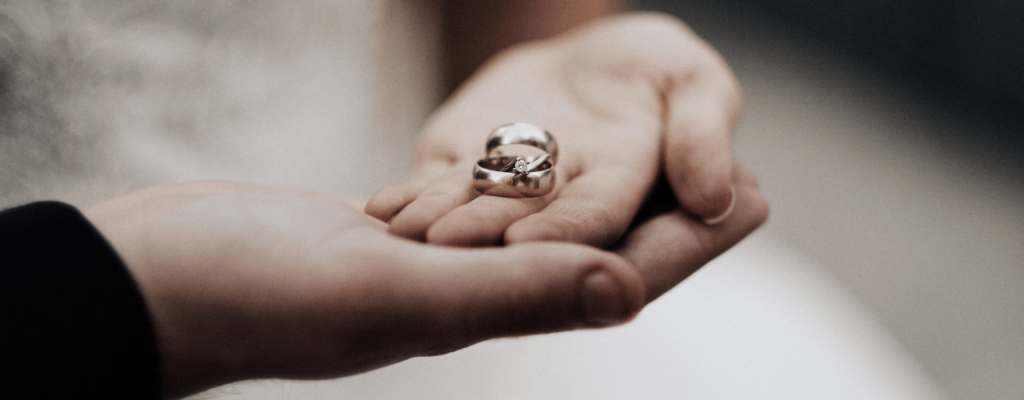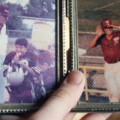Leaving and Cleaving is Complicated!

Origin Families and their Impact
“A man leaves his father and his mother and clings to his wife, and they become one flesh.” (Gen 2:24)
On our wedding day, we joyfully left our family homes to begin our married life together. Living and worshipping in the same parish, with similar ethnic heritage and family structure, we thought ‘cleaving’ together would be easy. How wrong we were!
When we marry, we each bring a mental picture of what a spouse ‘should’ be – how a husband should act, what a wife should do, or what family life should look like. These images aren’t formed in a vacuum; they’re rooted in our family of origin.
For example, if one of us grew up in a home where Dad always took charge of decisions, we might expect the same in our marriage. But if our spouse comes from a family where decisions were shared equally, those mismatched expectations will spark conflict.
Hidden Influence
Our subconscious expectations about love and marriage often clash with the reality of our unique relationship, causing tension and misunderstanding – especially in the early stages of marriage. When our spouse doesn’t fit the mould we’ve inherited, the frustration and confusion tempt us to blame them instead of examining our own assumptions.
Yet, examining our family of origin can feel daunting. Some of us worry it’s disrespectful to our parents or fear reopening old wounds. But as Catholics, we’re called to grow in holiness and virtue, and that includes facing the ways our past has shaped us.
We all want to be strong for those we love, to bring the best of ourselves to our marriage and parenting. If we’re carrying unhealed wounds from our past, and especially from our earliest years, we will be handicapped in this endeavour.
Origin Family Examination
A thoughtful evaluation of our formation, not to judge our parents but to understand how our perceptions – accurate or not – impact our ability to love is an essential part of our growth.
This isn’t about blaming our parents; it’s about recognising that, as children, we often saw only part of the picture. Maybe we witnessed arguments but not the reconciliations, or vice versa, leading us to form incomplete ideas about their relationship, and about to expect in our own.
For example, when Byron heard our six-year-old son exclaim: “Daddies don’t cry”, he was taken aback. He does cry on occasion, and he’d done so in the presence of the children before, but it seemed that our son had never experienced this part of him.
The truth is, we’re formed more by what we perceived or believed in our origin family than we were by reality.
We take the commandment to ‘honour mother and father’ (ref Ex 20:12) seriously, so we recommend three principles when examining our origin family formation:
- Begin with the positives and be grateful for the blessings (which often outnumber the negatives).
- Remember any judgements are not about them, but about our beliefs and perceptions – two distinct things.
- Be mindful that, like us, our parents were also trying to work through their own formation wounds. Pray for their healing and forgive them for their limitations.
Freedom to love
Our faulty assumptions and childhood wounds lead us to act in ways that hurt each other and our children. None of us want to do this, but if they remain hidden in our subconscious, they will continue to affect us, despite our best intentions.
The purpose of an origin family examination is freedom: freedom to love our spouse the way they most need and want to be loved, rather than the way we instinctively think is best based on our upbringing.
Even though we may have left home a long time ago, the reality is that we take ‘home’ with us into our own marriage. It’s only when we take an honest look at our origin family experiences, healing the wounds of childhood, that we are truly free to love – and to cleave!


